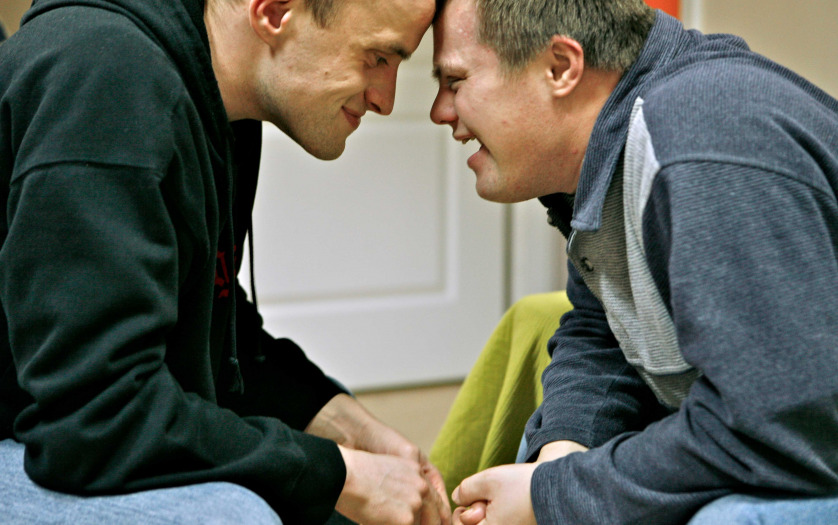
A new report from Dublin City University which looks at the current and anticipated challenges faced by young people with autism and their families due to the COVID-19 restrictions, highlights a decline in children’s abilities and skills since the introduction of the restrictions and an increase in some challenging behaviours.
Led by Dr. Sinéad Smyth and Nadine McLaughlin from DCU’s School of Psychology, the report is part of an ongoing study to look at the current and long term impacts of the COVID-19 related restrictions on the wellbeing of individuals with autism and their parents. The study will also use this information to develop a needs-based resource toolkit to help them deal with relaxations and changes in COVID-19 restrictions.
74% of parents of a child or children with autism reported that they would be faced with unique challenges over the coming weeks as restrictions are lifted. The mostly commonly noted challenges include:
- difficulties in relation to social skills due to the lack of social interaction
- challenges with leaving the house due to anxiety, particularly in recent weeks as restrictions have begun to ease
- challenges for their child in understanding and adhering to the social distancing and public health guidelines when out in public
In relation to abilities and skills, a decline was reported for 61% of children. Parents noted:
- a decline in their child’s ability to self-regulate emotions (34% of children)
- a decline in motivation to engage in activities, including school work (18% of children)
- a decline in academic skills such as maths, reading and writing, was observed in 14% of children
While the majority of parents had concerns of a decline in their child’s abilities, skills gains were reported for 29% of children, mainly in daily living skills such as household chores and preparation of food.
“The necessary closures and restrictions on movement that have been implemented in response to the COVID-19 pandemic have had wide ranging impacts on us all. For children and young people with autism adapting to change at such a rapid rate has been very difficult and it is clear from our findings that these children and their parents are experiencing a multitude of unique challenges. Additional challenges arise as restrictions are lifted and children incorporate more activities into their lives again. Going back to school, for example, may be more difficult for children this year not only given the long gap since they last attended, but also because their school routine will be different and classrooms will look different due to new public health measures.” said Dr. Sinéad Smyth at DCU’s School of Psychology said:








